Bertie Armstrong: ending EU fisheries policy a good decision
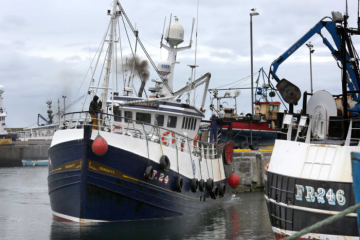 From the article: Of course, the European Union, and the much-derided Common Fisheries Policy (CFP) are at the very heart of that, which is why so many fishermen are implacably opposed to both. This is hardly surprising and it is worth reminding ourselves why fishing takes a unique position in Europe, making it so different from other industry sectors. Sovereignty and jurisdiction (beyond each member state’s slim strip of territorial waters) is pooled and the EU uses the CFP to govern every aspect of the industry. That fundamental change – the trading of sovereignty for collective control – took place when we joined. Collaboration is vital under any governance regime, but non-EU coastal states such as Norway and Iceland retain jurisdiction and negotiate on their own behalf. Read the op-ed here 10:56
From the article: Of course, the European Union, and the much-derided Common Fisheries Policy (CFP) are at the very heart of that, which is why so many fishermen are implacably opposed to both. This is hardly surprising and it is worth reminding ourselves why fishing takes a unique position in Europe, making it so different from other industry sectors. Sovereignty and jurisdiction (beyond each member state’s slim strip of territorial waters) is pooled and the EU uses the CFP to govern every aspect of the industry. That fundamental change – the trading of sovereignty for collective control – took place when we joined. Collaboration is vital under any governance regime, but non-EU coastal states such as Norway and Iceland retain jurisdiction and negotiate on their own behalf. Read the op-ed here 10:56



































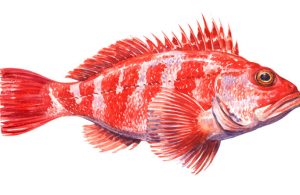

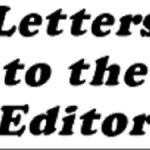

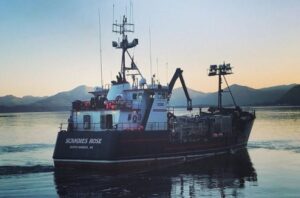

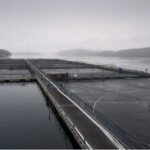

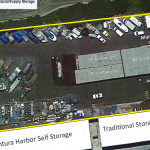




The Brexit issue or whether the UK should leave the European Union will come to a head through a referendum vote on Thursday June 23. This is a complex issue with emotional, historical, and political components as well as the economic aspect discussed here regarding the fisheries.
However, the UK fisheries’ struggle summarized here in this article by Bertie Armstrong to extract themselves from the EU Fisheries Commission’s Common Fisheries Policy looks simply like another iteration of fighting the multi-national corporations whose business plan quest through various sleazy trade treaties and “partnerships” is to do away with tariffs and laws that were built to protect the small working businesses and the people who depend on them for employment and for quality products with accountability.
And in the place of family fishing operations this corporate “upstream business plan” is to install their vertically integrated mega fish companies and to ultimately control the entire resource. The EU Fisheries Commission’s policies have privatized and corporatized the member countries’ small boat fisheries very much in unison with what NOAA/EDF/Pew has been working on here in the U.S. with the ITQ catch share campaigns.
Mission Accomplished for Lubchenco’s and Maria Damanaki’s goal of “efficiency” through “market-based fishery solutions” and “ownership” through transferable quota systems (aka corporate ocean grab and resource theft).
This privatization and financialization scam was sold to the public under the false flags of stopping “overfishing” and “bycatch”, ending the “race for fish”, reducing fleet over-capacity, and thus reversing the “world fisheries crisis”.